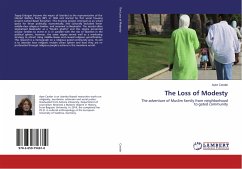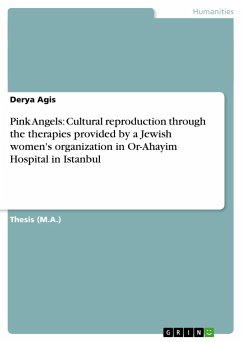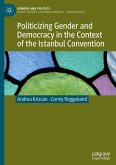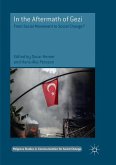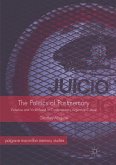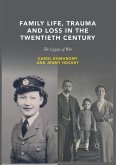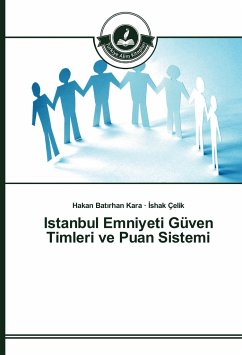Tayyip Erdogan became the mayor of Istanbul as the representative of the Islamist Welfare Party (RP), in 1994 and started his first social housing project named Basak Konutlari. This housing project emerged as an urban space for those politically, economically, and culturally excluded lower middle-class religious families, and renamed as Basaksehir. The secular elites stigmatised Basaksehir as a "Muslim ghetto" and this stigma prevented secular families to invest in it. In parallel with the rise of Islamism in the political sphere, however, the same stigma served well as a marketing strategy to attract rising middle-classes and caused religious gentrification. This research is a monograph on a religious gated community area. Its aim is to describe how religions reclaim urban sphere and how they are re-profanated through religious people's actions in the mundane world.
Bitte wählen Sie Ihr Anliegen aus.
Rechnungen
Retourenschein anfordern
Bestellstatus
Storno

